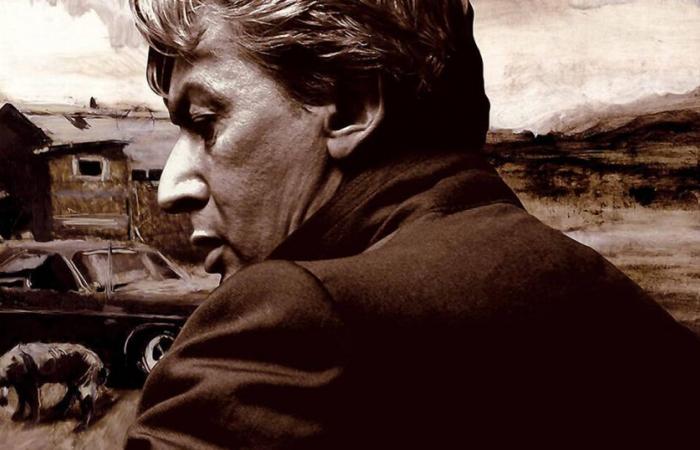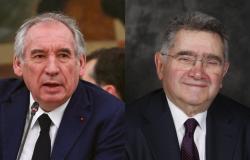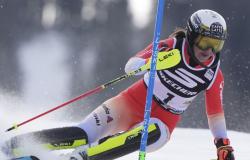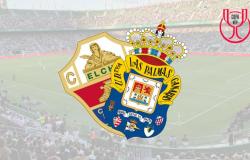
The singer’s final album. Jérôme Wirtz, creator of the sepia cover, open to wide open spaces and a certain mystery, tells us about its tumultuous development.
The departure
“When Barclay released a big album, they asked all the graphic designers to offer to help with the cover. It was a sort of free tender. We listened to songs from the album in the project manager’s office and then it was: get over it. I felt like it was biased, so I didn’t want to get too involved. I did that over the leg and sent them lots of images including a black marker sketch that I had made for a job concerning History(s) of Cinema by Jean-Luc Godard. I was very proud of it, it represented a face, a mouth of a woman. No connection with Bashung, of which I was a big fan, although the project manager called me back. Of all the images he had shown him, my drawing was the only one that Alain liked.”
The preparation
“From there we had a brief with the title of the album, Petrol Blue. It was the Christmas holidays. I brought our children to my parents’ house, and my wife and I worked hard for two weeks. In the end, I had imagined a sort of painting-drawing of an American landscape, not very far from the final version, with a collage of a screenshot of Alain taken from a music video on top. It was very creative, without any particular references.”
Painting
“I listened to the album on repeat while doing the background painting. A projection of the American dream, a little ambiguous, a little dark, with beautiful cars but poorly designed, oil wells but dilapidated. At the time, I painted in oil with umber, which gave this sepia look. I liked it because it was reminiscent of the first photos of the Apaches taken by anthropologists.”
The photo
“As my initial edit was completely rotten, I suggested to the project manager that he ask the photographer to take the same shot of Alain which I find magnificent: we don’t know if he is looking towards the landscape or if he doesn’t want to see it. But as the photographer wanted to completely design the cover, it was very hard to get this angle from him. In the end, Alain, pushed by Chloé Mons, his wife, decided and it was my work that was kept.”





